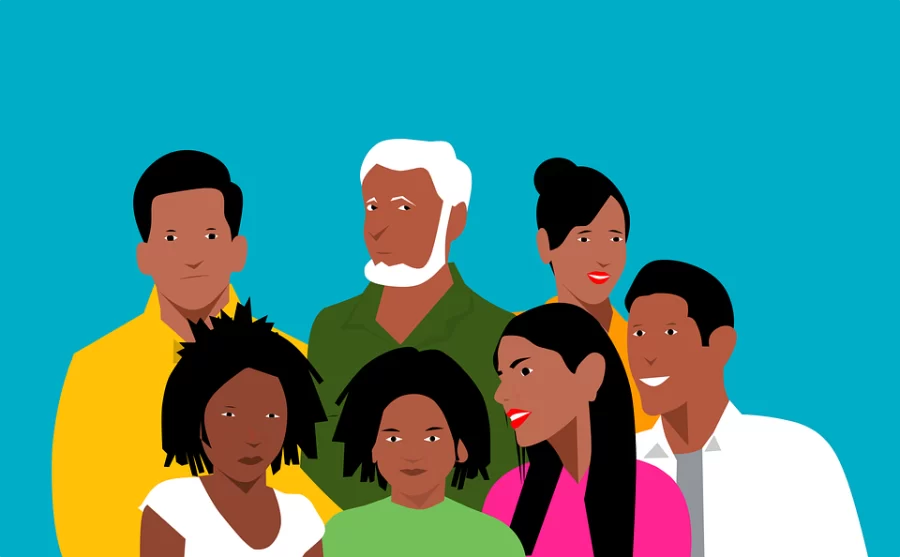Our Voices.
Black history is much deeper than slavery; we have a deep rich history we constantly overlook because of the dark past, but that’s not the article you’re going to get from me. I’m sure if you wanted to read about that you’d open a National Geographic. But much like our history, the Black race is overlooked. Our words. Our thoughts. Our voices. We have huge thoughts and words we want to say or we have to get out, but we are often silenced. The only things we get shared are our accomplishments or deaths.
I want to change that. I want to able to share Our Voices.
In honor of Black History Month, that’s what I’m going to do. I am speaking to a few of our black students at Palmer and asking them a few questions. Letting them have a chance to say what’s on their minds, letting them speak their unspoken thoughts. I was able to talk to four students at Palmer and while few requested to stay anonymous I received amazing answers, and even highlights a few black artists and creators at the end.
“What is your biggest pet peeve white people do regarding your race?” was the first question asked. I received a few colorful responses but one that Caucasian readers at home might need to hear was given by two of our interviewees Darnell Robinson and Kaira Garcia. A direct quote says:
“While there are many pet peeves, I think an important one to address is when white people refuse to use the word black to describe somebody.”
After digging a little farther, we discussed what this meant. It seems like commonly when discussing the looks of someone the term Black is avoided out of fear of being racist. Black is not a word we should fear but a word we need to embrace and acknowledge.
“What is a common intrusive or stereotypical question a white person has asked you?”
“Are you from the hood?”
“Do you know your father?”
“Is your hair real?”
“Do you play basketball?”
Of the people I asked two or more gave me that answer. There was only one response I got from someone I had not heard yet:
“Can I touch your hair?” Clowie Burkhalter commented. “There is nothing wrong with curiosity, but complete strangers asking to touch my hair has gotten old. Especially when those who ask get offended when you say no.”
There is nothing wrong with being curious, but applying your stereotypes to us is not okay. Being intrusive is not okay. Making others uncomfortable or putting them in awkward situations is not okay.
“When you try to bring up the topic of race what is the reaction you most commonly get?”
“Immediate discomfort”
“Awkward tension”
“People usually try to shut down the conversation”
“I’m constantly told that I’m not black enough to talk about it” Clowie announced throwing in a complete wild card.
The conversation of race shouldn’t be awkward or tense. We all need to be a little more open minded to change. As a race we should be able to move forward and make sure we include everyone in the conversation of change and acceptation, despite our differences. Isn’t that what Black History month stands for, that we all can stand together and accept one another not by the hue of our skin but instead the thoughts in our brain?
“Are there any black artist or general creators you’d like to give a shout out to?” Was the final question asked so without further ado;
“Thank you to Tyler Perry for making and directing movies that show black people can get far in this world as well.” –Darnell Robinson
“Thank you to every black woman in the music industry who has and is now continuing to pave the way for younger generations, and allowing us to grow with confidence in who we are and not just with disdainful insecurities.” –Clowie Burkhalter
“Thank you to all the creators and actors in Black Panther, we thank you for putting our faces on the screen.” –Anonymous
“This is odd but I’d like to thank you Sockss, for sparking this conversation and letting us be heard” –Kaira Garcia
And Thank you to everyone I interviewed for sharing your voices.

